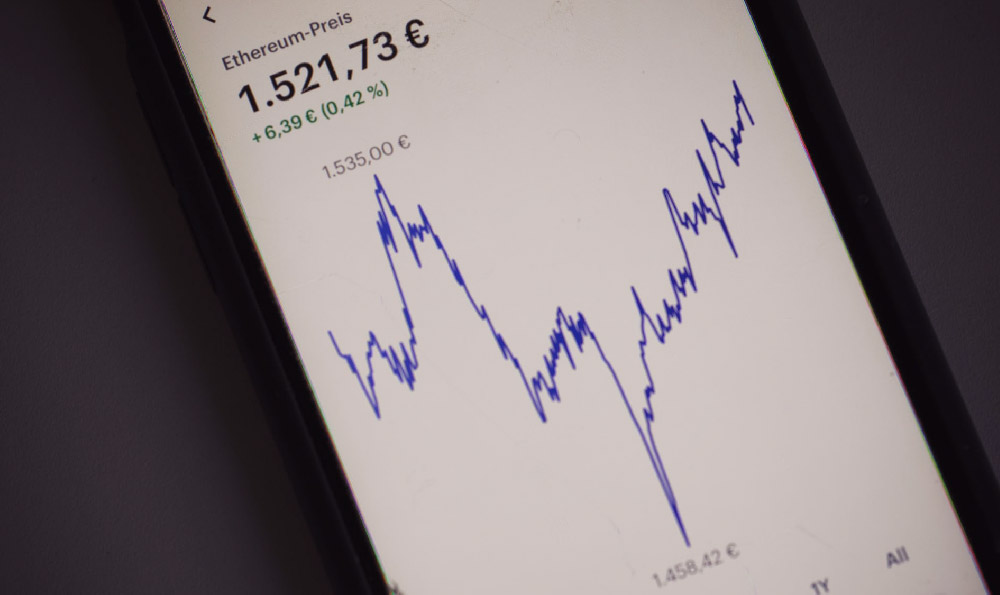Navigating the cryptocurrency landscape in the Philippines requires a careful approach, balancing the potential for financial gains with the regulatory framework governing digital assets. As a seasoned investment expert, I often receive inquiries about specific platforms and their legitimacy within the Philippine context. A common question revolves around Bitget: Is Bitget legal in the Philippines? And if so, how can Filipinos safely and effectively trade cryptocurrencies on this exchange?
The Legality of Bitget in the Philippines: A Nuanced Perspective
Determining the legality of a cryptocurrency exchange like Bitget within a specific jurisdiction is not always a straightforward matter. The Philippines, like many countries, is still developing its comprehensive regulatory framework for digital assets. As of today, there isn't a specific law that explicitly prohibits the operation of exchanges like Bitget within the country. However, this doesn't mean they operate in a regulatory vacuum.

The Bangko Sentral ng Pilipinas (BSP), the central bank of the Philippines, plays a crucial role in regulating virtual asset service providers (VASPs). VASPs are entities that offer services related to virtual assets, including exchanges, custodians, and payment providers. The BSP requires VASPs operating in the Philippines to register with them and comply with anti-money laundering (AML) and counter-terrorism financing (CTF) regulations.
While Bitget may not be physically located within the Philippines and may not be specifically registered with the BSP, Filipino residents can generally access and use the platform. The crucial point is that Filipinos are responsible for complying with Philippine tax laws and reporting requirements related to their cryptocurrency activities, regardless of where the exchange is located.
Therefore, the legality of using Bitget in the Philippines can be best described as permissible but subject to individual responsibility. Users should conduct their own due diligence on Bitget and other exchanges, understanding their security protocols, terms of service, and data privacy practices. They must also be aware of and compliant with Philippine regulations regarding cryptocurrency trading and taxation.
Trading Cryptocurrency on Bitget in the Philippines: A Step-by-Step Guide
If you've decided to use Bitget for cryptocurrency trading in the Philippines, here's a structured approach to help you navigate the process safely and effectively:
-
Account Creation and Verification: The first step is to create an account on the Bitget platform. This typically involves providing personal information, such as your name, email address, and phone number. After creating an account, you'll need to verify your identity to comply with KYC (Know Your Customer) requirements. This usually involves submitting a copy of your government-issued ID and proof of address. Account verification is crucial for unlocking all features and ensuring the security of your account.
-
Funding Your Account: Once your account is verified, you'll need to deposit funds to start trading. Bitget typically offers various deposit options, including cryptocurrency transfers and, in some regions, fiat currency deposits via bank transfers or credit cards. If you're depositing cryptocurrency, ensure you send the correct type of cryptocurrency to the correct address provided by Bitget. Mistakes can lead to permanent loss of funds. If you intend to deposit fiat currency, check if this option is available for Filipino users and understand any associated fees or limitations.
-
Understanding the Trading Interface: Before placing any trades, familiarize yourself with Bitget's trading interface. This includes understanding the different order types (market orders, limit orders, stop-loss orders), charting tools, and order book. Take your time to explore the platform and practice using the demo account, if available, to get comfortable with the trading process.
-
Developing a Trading Strategy: Investing in cryptocurrencies without a well-defined strategy is akin to navigating uncharted waters without a compass. Before investing, determine your risk tolerance, investment goals, and time horizon. Research different cryptocurrencies and understand their underlying technology, use cases, and market capitalization. Develop a trading strategy that aligns with your goals and risk tolerance, and stick to it. Avoid impulsive decisions based on market hype or fear of missing out (FOMO).
-
Implementing Risk Management Techniques: Risk management is paramount in cryptocurrency trading. Implement strategies to protect your capital, such as setting stop-loss orders to limit potential losses on your trades. Diversify your portfolio by investing in different cryptocurrencies rather than putting all your eggs in one basket. Never invest more than you can afford to lose, and be prepared for the possibility of significant losses.
-
Staying Informed and Adapting: The cryptocurrency market is highly volatile and constantly evolving. Stay informed about market trends, regulatory developments, and technological advancements. Continuously evaluate your trading strategy and adapt it as needed based on changing market conditions. Subscribe to reputable news sources, follow industry experts on social media, and participate in online communities to stay up-to-date.
-
Security Best Practices: Protecting your cryptocurrency assets is crucial. Enable two-factor authentication (2FA) on your Bitget account to add an extra layer of security. Use a strong, unique password for your account and never share it with anyone. Be wary of phishing scams and never click on suspicious links or emails. Consider using a hardware wallet to store your cryptocurrencies offline for added security.
Avoiding Investment Traps: Essential Precautions
The cryptocurrency world is rife with scams and investment traps. Here are some key precautions to protect yourself:
- Avoid Pump-and-Dump Schemes: Be wary of cryptocurrencies that experience sudden price spikes followed by rapid declines. These are often orchestrated by groups of individuals who artificially inflate the price to sell their holdings at a profit, leaving others with significant losses.
- Research Initial Coin Offerings (ICOs) Thoroughly: Before investing in an ICO, carefully research the project team, whitepaper, and technology. Be skeptical of projects that promise unrealistic returns or lack transparency.
- Be Cautious of Unsolicited Investment Advice: Be wary of individuals or groups who offer unsolicited investment advice, especially if they promise guaranteed profits. Always do your own research and make your own investment decisions.
- Protect Your Private Keys: Never share your private keys with anyone. Your private keys are like the keys to your cryptocurrency vault, and anyone who has them can access your funds.
Conclusion: Informed Participation
Using Bitget or any other cryptocurrency exchange in the Philippines requires a balanced approach that combines informed decision-making, adherence to regulations, and robust risk management. By understanding the legal landscape, implementing secure trading practices, and avoiding investment traps, Filipinos can participate in the cryptocurrency market responsibly and potentially achieve their financial goals. Remember that cryptocurrency investments carry inherent risks, and it's crucial to approach them with caution and diligence. As a final piece of advice, consult with a qualified financial advisor before making any significant investment decisions.












